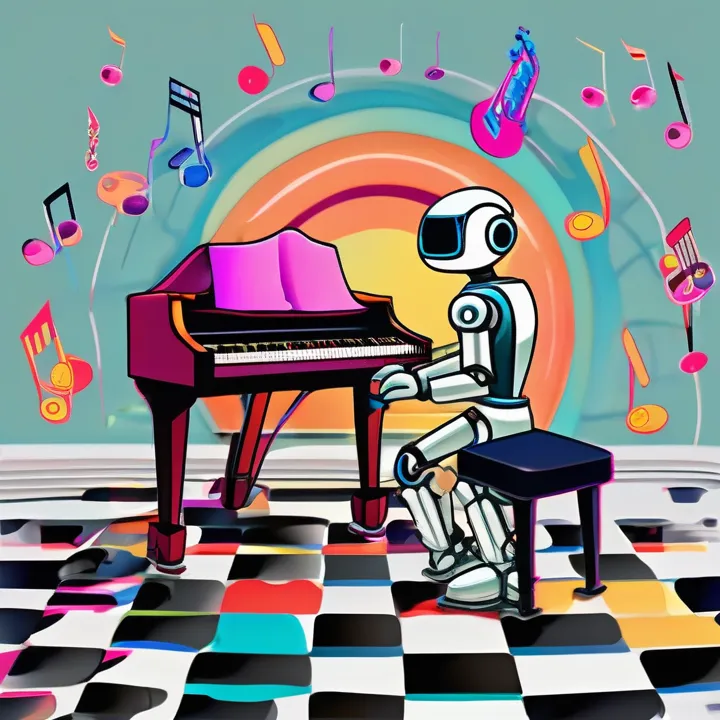AI-generated music is transforming how we create and consume sound. In this post, we’ll uncover the intriguing world of artificial intelligence in music creation. Expect to find humor, personal stories, and a dash of skepticism as we dive into this modern phenomenon.
AI and Music
AI is here, and it’s making music. This might sound like the plot of a sci-fi movie, but it’s our reality. We’ve reached a point where machines can compose symphonies, write catchy pop songs, and even mimic the styles of famous musicians. Imagine Beethoven and a computer sitting down together for a jam session. That’s where we are now.
A Personal Encounter
Let’s rewind a bit. I remember the first time I heard an AI-generated track. I was at a tech conference, one of those events where the air is thick with the scent of coffee and enthusiasm. Between discussions on blockchain and the latest smartphone, someone played a song created by an algorithm. It was surprisingly catchy. I found myself nodding along, thinking, ‘This isn’t bad for a bunch of zeros and ones.’
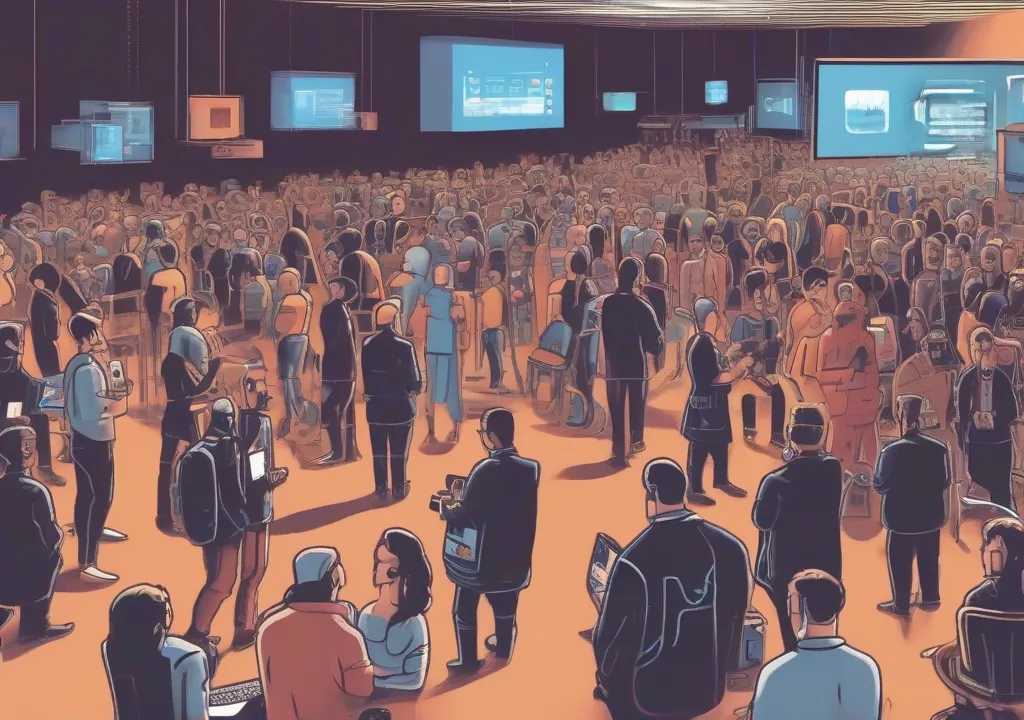
Understanding Emotion
But here’s the kicker: does a computer understand music? It can analyze patterns, simulate emotions, and even generate something that sounds nice. Yet, can it feel the joy of a sunny day or the sorrow of a rainy afternoon? That’s the big question. Music has always been a way for us to express our deepest feelings. Can a machine really tap into that?
Democratization of Creation
As we move forward, it’s worth noting that AI music isn’t just for the tech-savvy. Platforms like OpenAI’s Jukedeck and Amper Music allow anyone to create their own tunes. You don’t need a degree in music theory or years of practice. Just a few clicks, and voilà—you’re a composer! While this democratization of music is exciting, it brings its own set of challenges. If everyone can create, what happens to originality?
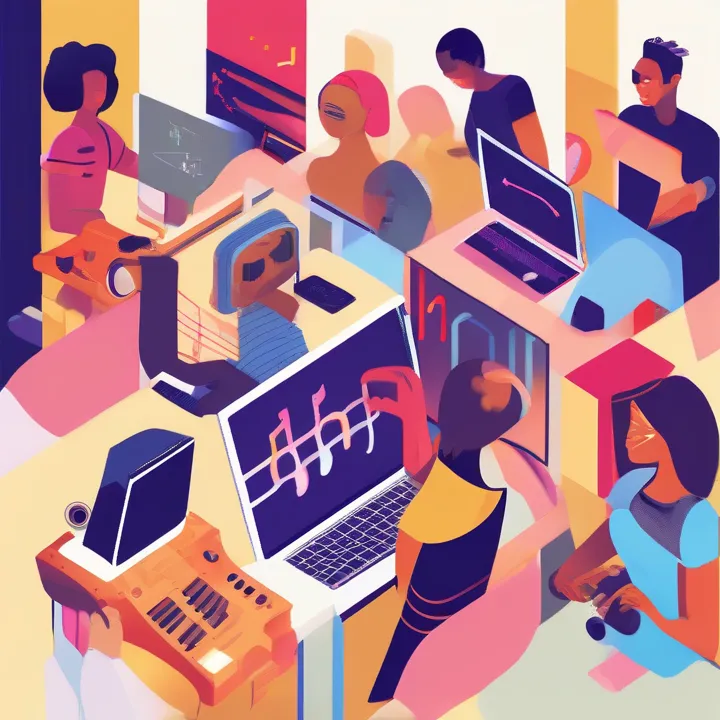
The Future of Musicians
Some people fear that AI will replace musicians altogether. Relax. Musicians aren’t going anywhere. AI can produce sound, but it can’t replicate the human experience. Think about it: the most memorable songs often come from personal stories. I once wrote a song about the time I lost my keys in the refrigerator. It was a disaster, but it made for a catchy tune. I doubt an AI could conjure that level of ridiculousness.
The Fun Side of AI Music
Now, let’s talk about the fun side of AI music. Imagine a future where you can generate a personalized theme song for your life. Feeling down? Hit the button for a motivational anthem. Having a bad hair day? Here’s a ballad that perfectly captures your struggle. AI can tailor music to fit our moods, which is both amusing and a bit eerie.
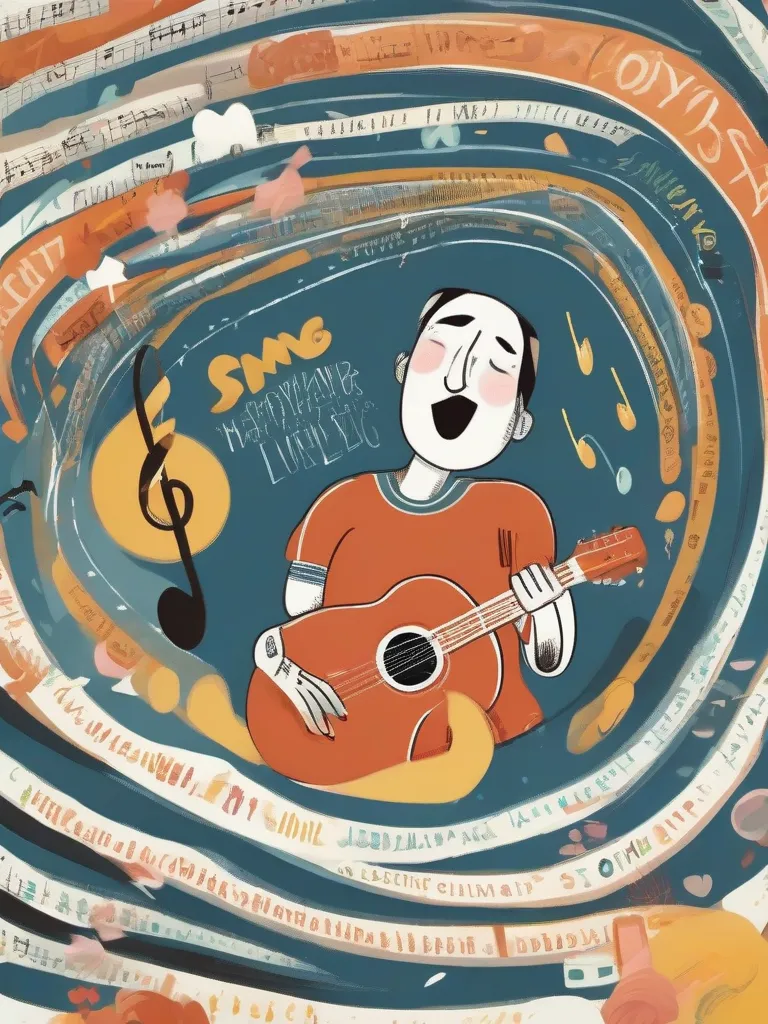
Caution Ahead
Yet, we must remain cautious. The music industry is already a tricky place. If AI-generated music becomes the norm, how do we recognize talent? Is a catchy tune created by an algorithm less valuable than one penned by a human heart? These are important conversations to have as we navigate this new landscape.
Conclusion
In conclusion, AI-generated music is here to stay. It’s both a tool and a companion for creators and listeners alike. As we embrace this technology, let’s not lose sight of what makes music special: the stories, the emotions, and the human touch. While the robots may take the stage, we should always hold on to our microphones.
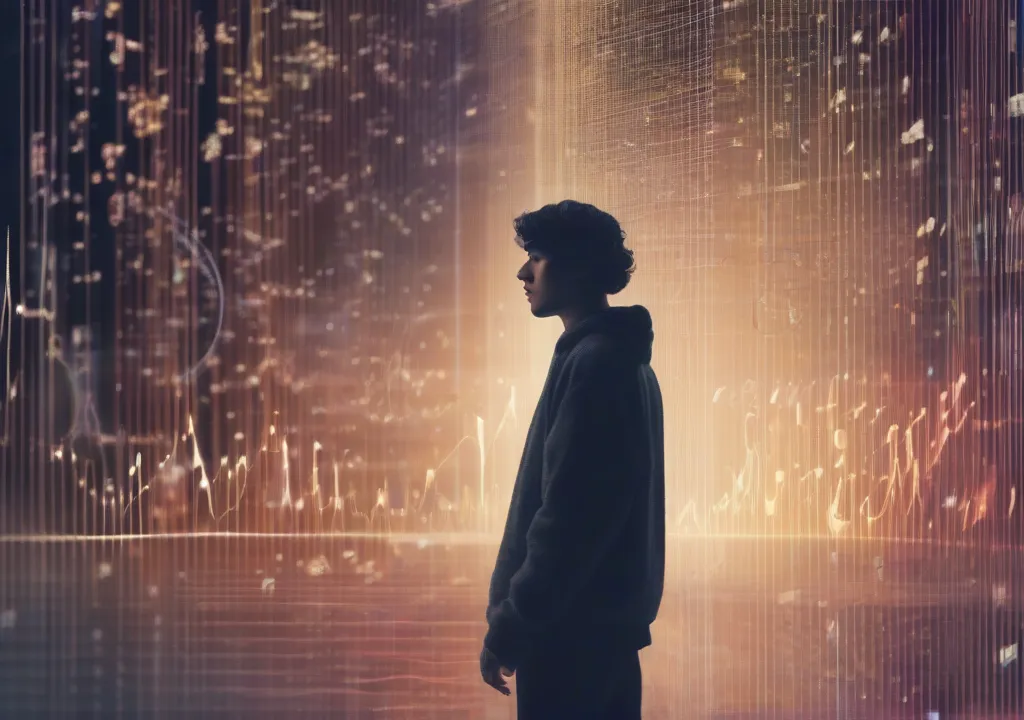
Embracing AI in Music
AI might be the new kid on the block, but it’s not here to replace us. Instead, it’s an opportunity to enhance our creativity. As we step into this new era, let’s embrace the humor and potential of AI music while keeping our unique human experiences at the forefront. After all, a world of music is richer when it includes a bit of warmth and a dash of chaos.
